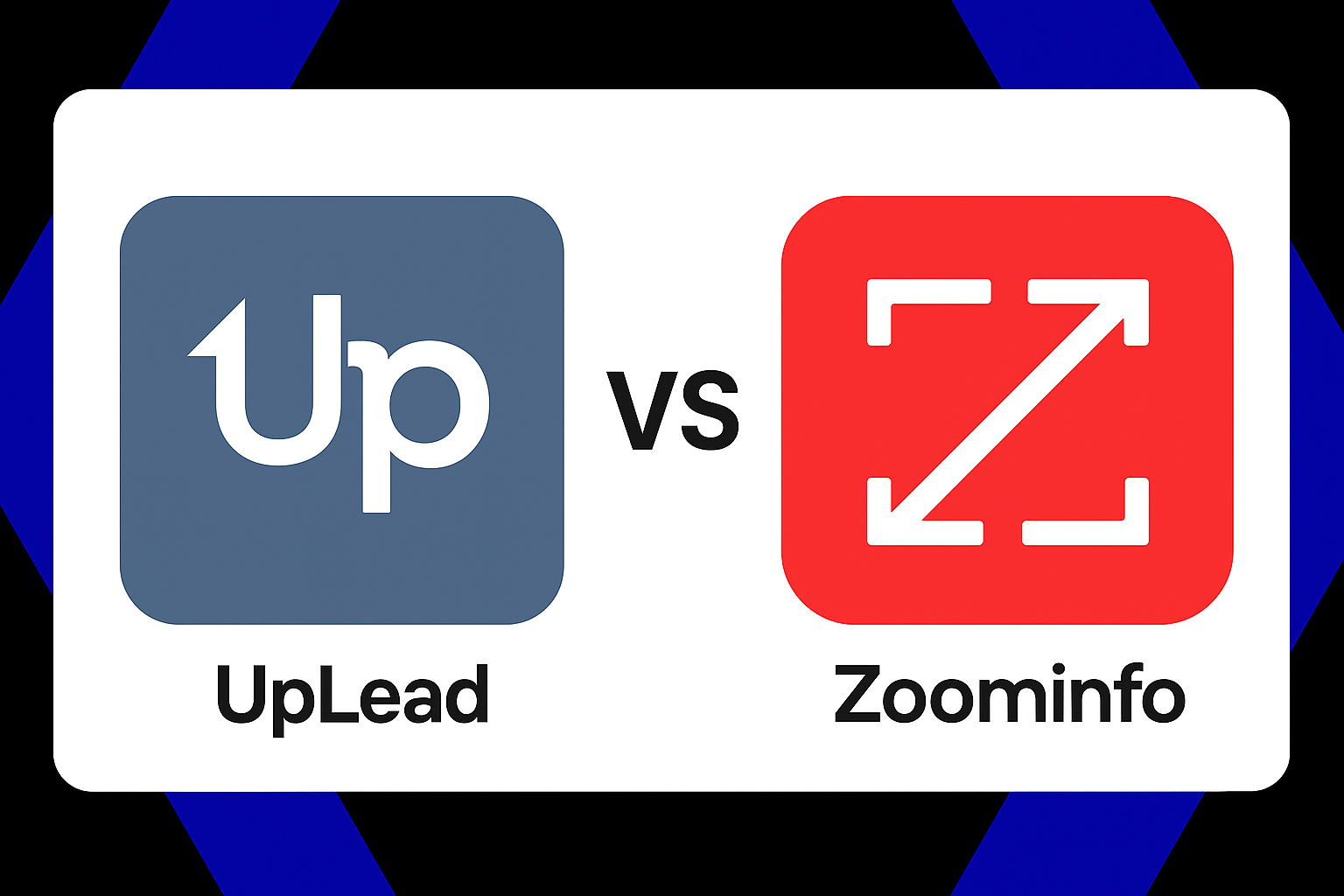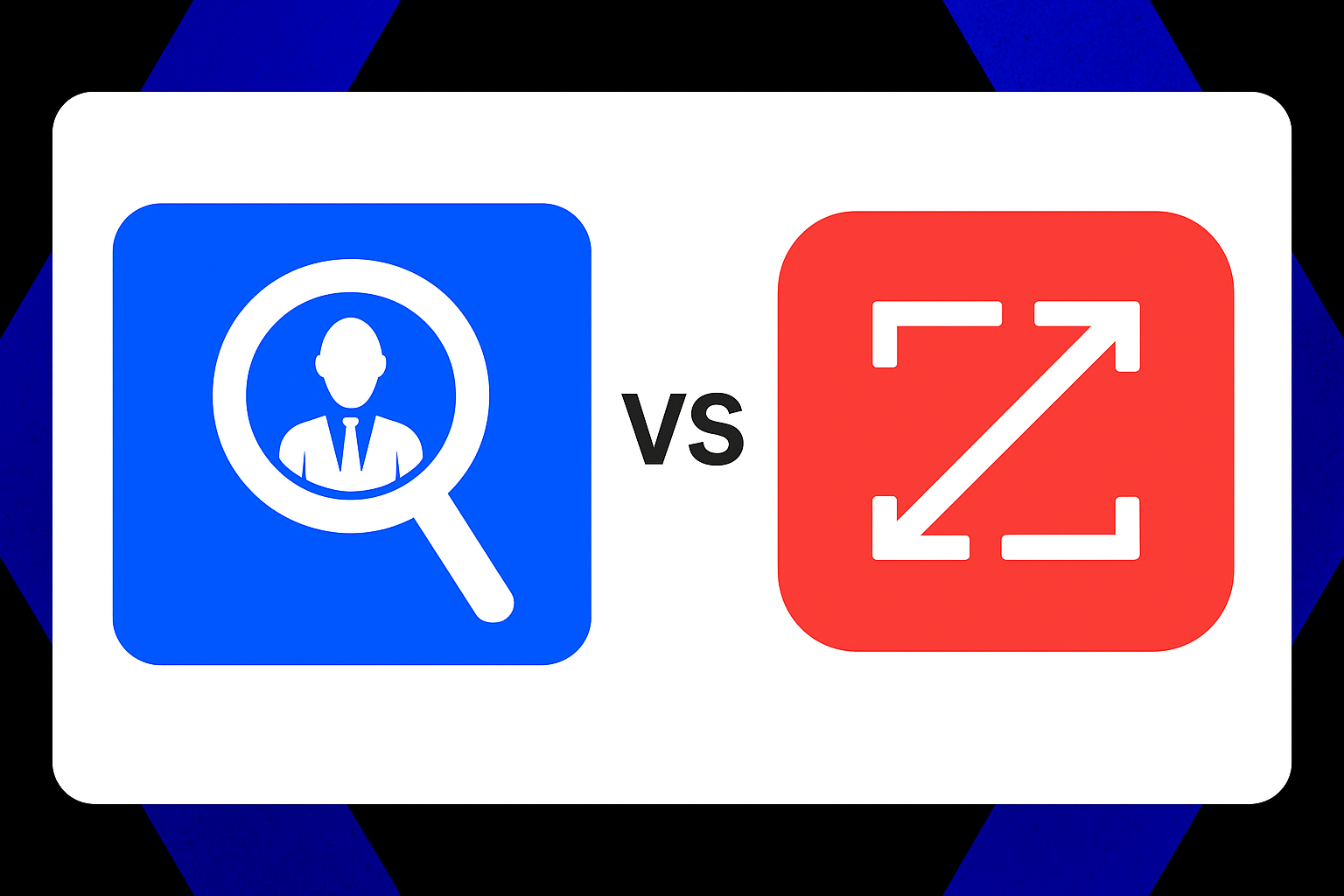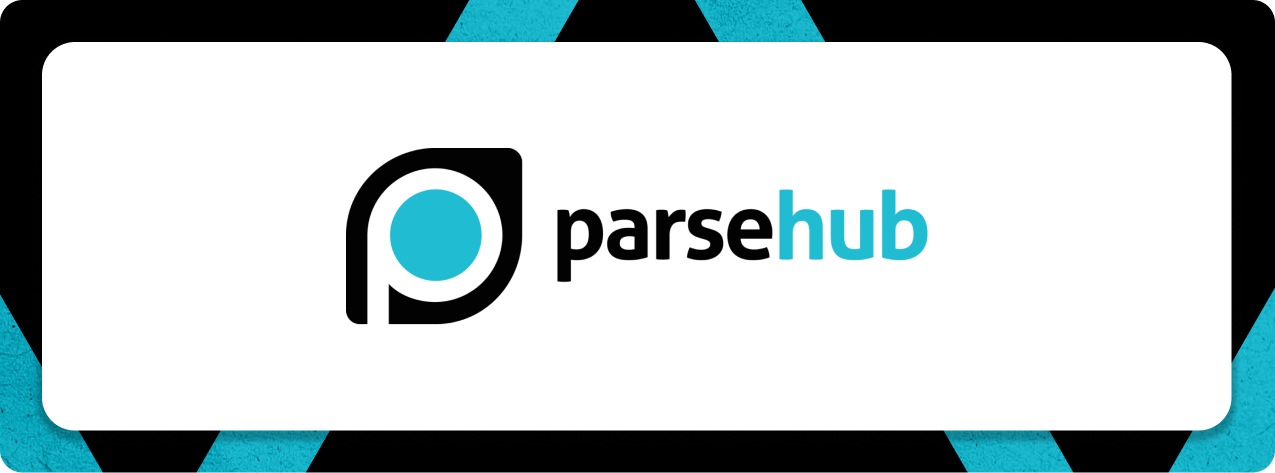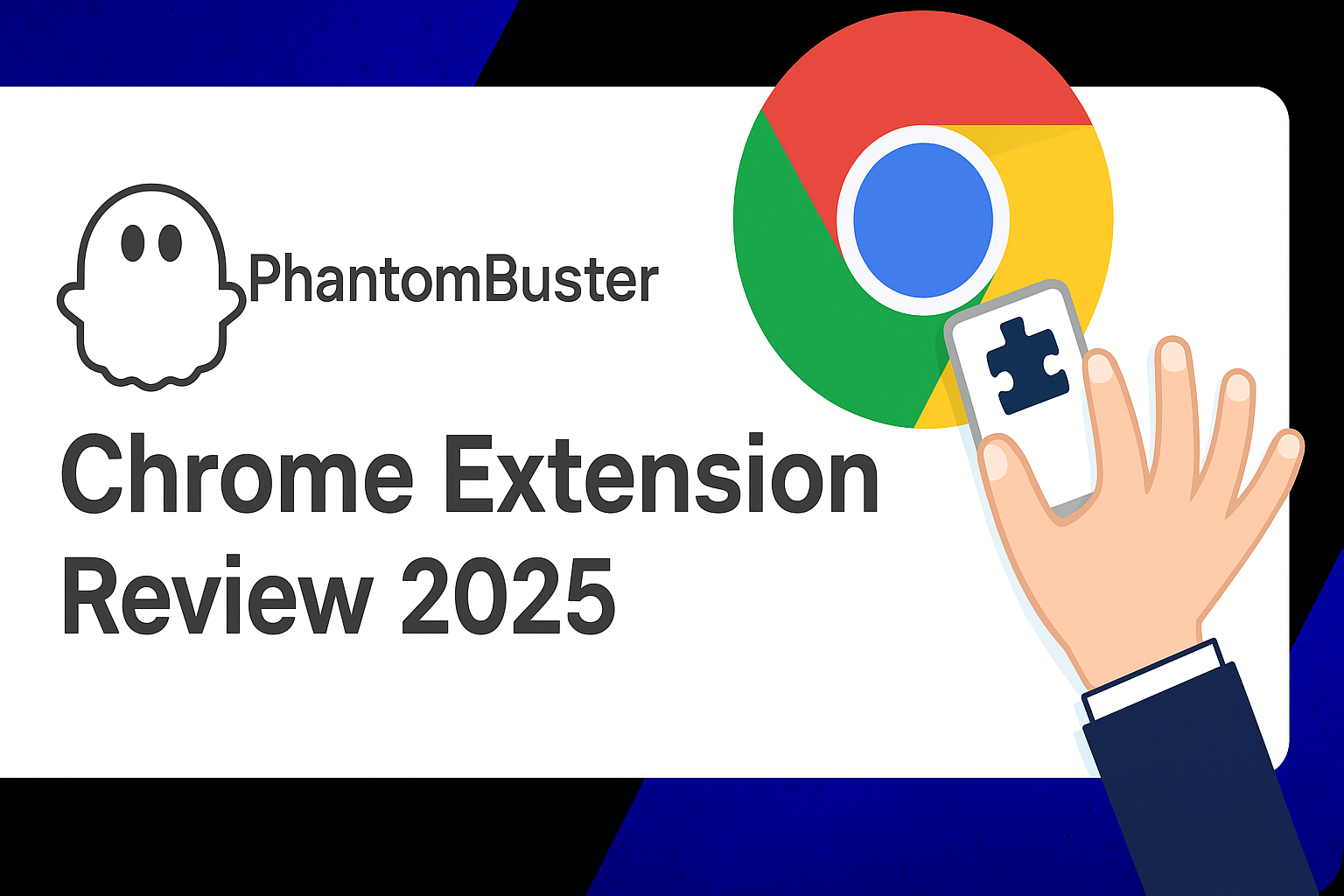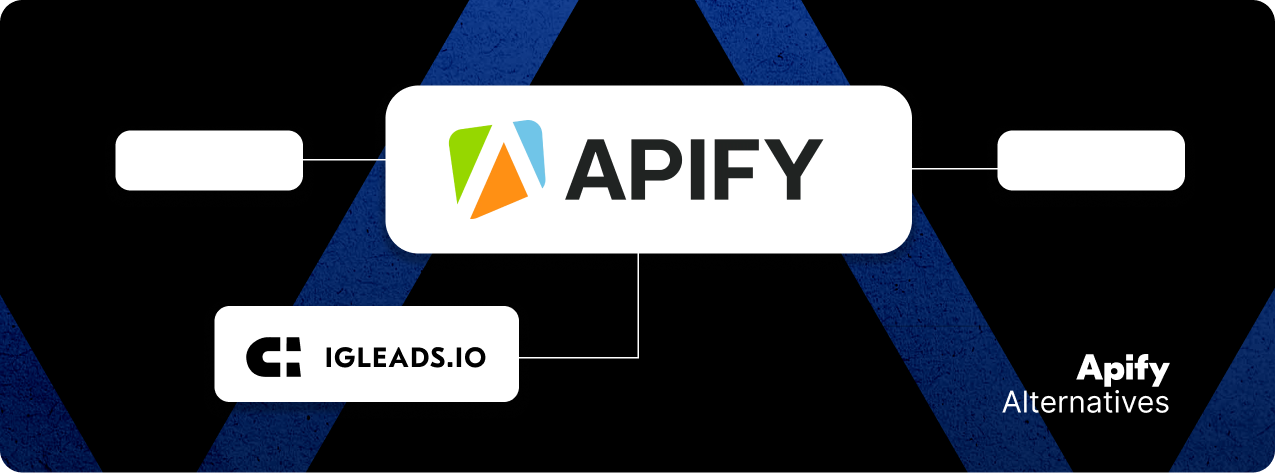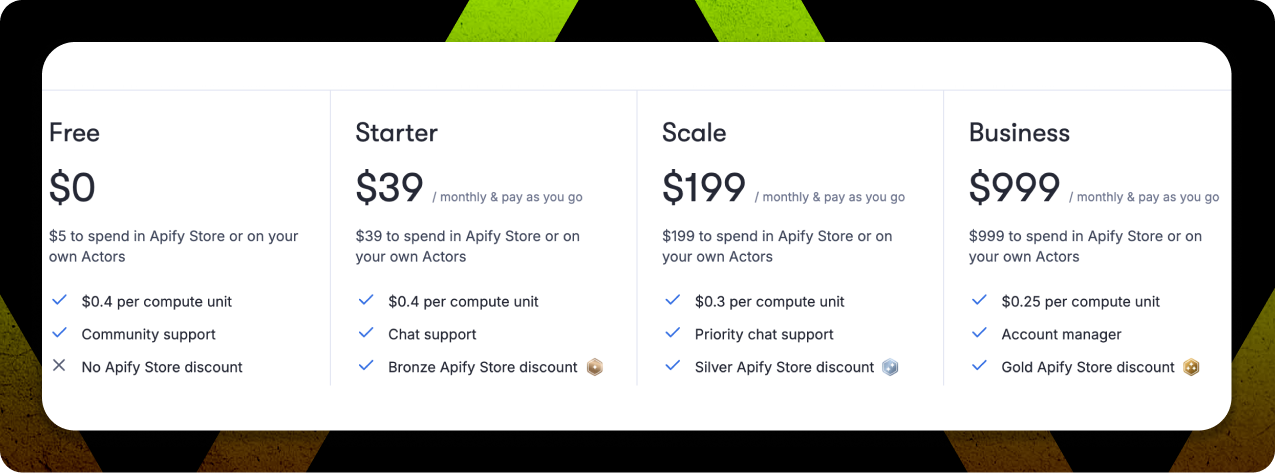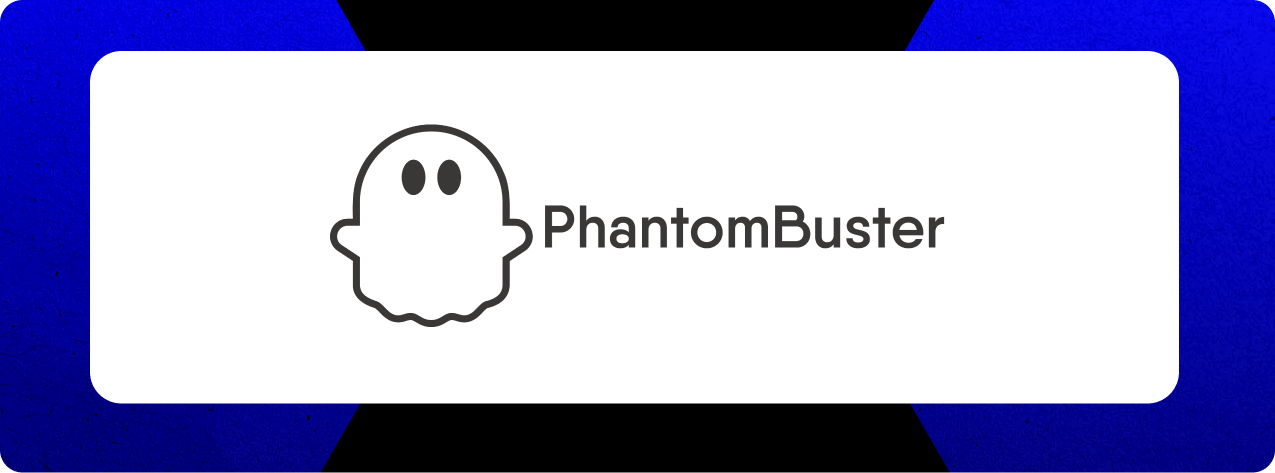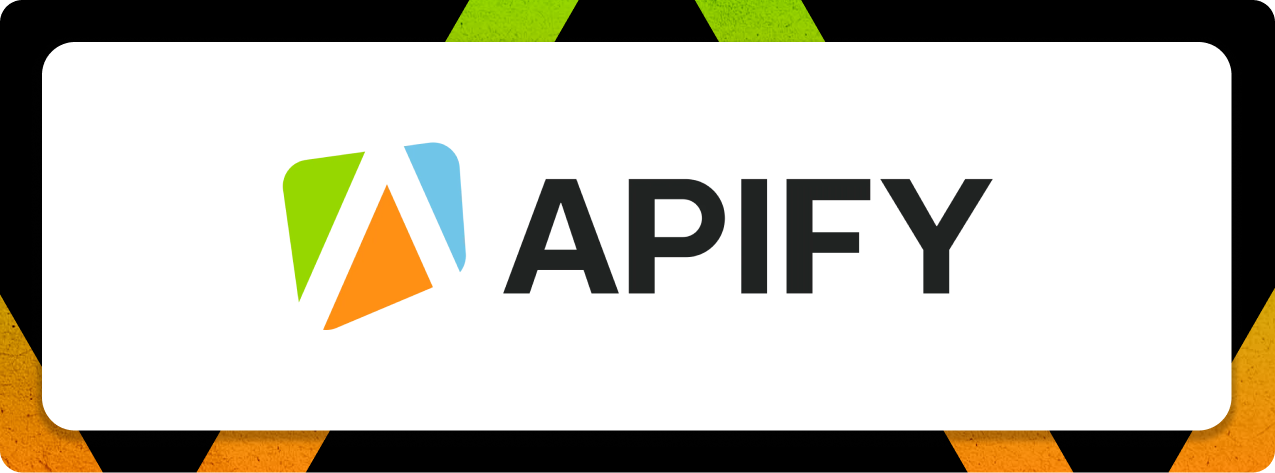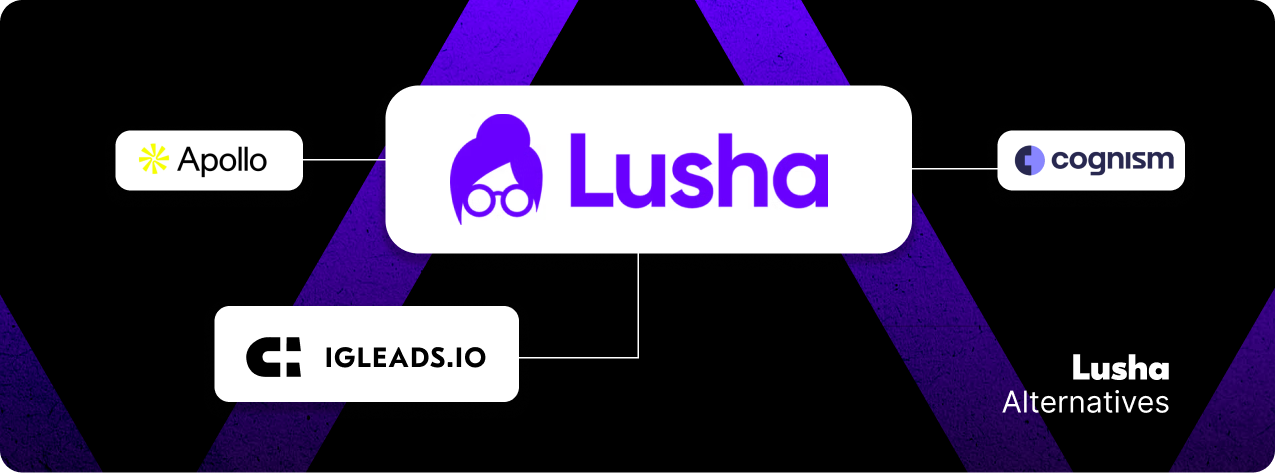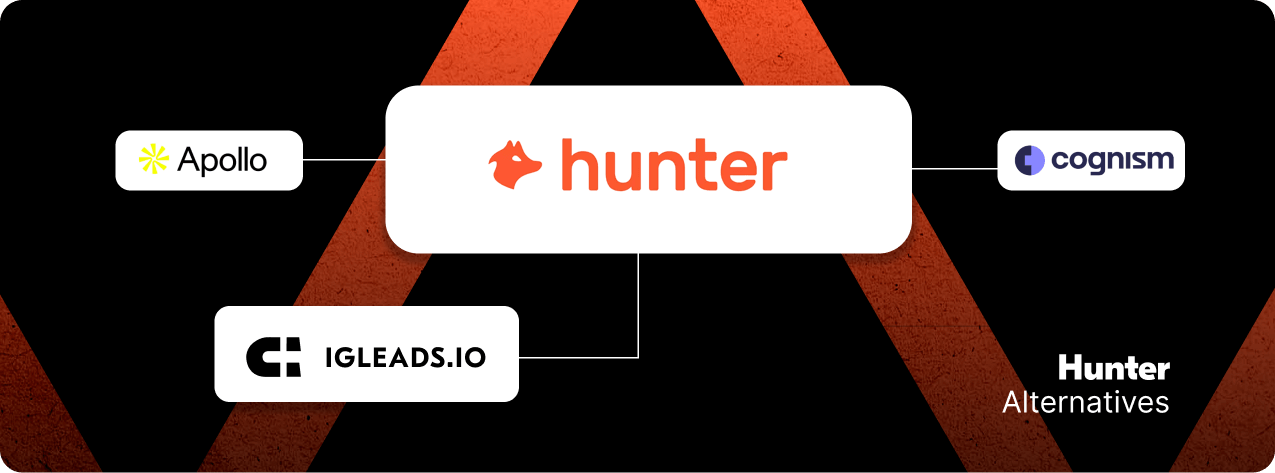IGLeads’ email scraper, UpLead, and ZoomInfo offer three completely different solutions for finding B2B leads. UpLead focuses on verified, accurate contact data at an affordable price, while ZoomInfo delivers enterprise-level insights, intent data, and a premium price tag. The choice often comes down to what your team values most: data accuracy, depth of information, or […]
Seamless.ai vs ZoomInfo: Which Sales Tool Saves You More in 2025?
IGLeads’ email scraper, Seamless.ai and ZoomInfo represent three very different approaches to sales intelligence, and the choice between them often comes down to budget reality. Seamless.ai claims over 800M+ contacts worldwide while ZoomInfo offers 106M+ company records, but the real story emerges when you look at what teams actually pay. ZoomInfo starts around $15,000/year, putting […]
ParseHub Review 2025: The Truth About This Web Scraping Tool
ParseHub gets marketed as a free web scraper, but that’s only half the story. While it does offer a free plan with basic functionality, most users quickly realize that serious scraping requires one of their paid plans, starting at $189 per month and going up to $599 monthly for the Professional tier, plus custom enterprise […]
Phantombuster Chrome Extension Review 2025: Setup, Benefits and Alternatives
Manual data scraping wastes hours you could spend closing deals or running campaigns. Sales teams and marketers know the frustration: manually copying LinkedIn profiles, pulling business details from Google Maps, or building prospect lists one profile at a time. If you’re tired of that grind, tools like IGLeads’ email scraper offer a faster, automated way […]
13 Best Apify Alternatives in 2025
Discover powerful Apify alternatives for web scraping and automation. Explore feature-rich tools that simplify data extraction and boost your productivity. Find your ideal solution today!
Apify Pricing 2025 Analysis: Is It Actually Worth The Money?
Apify has made a name for itself as a web scraping powerhouse, offering flexible plans that range from free to $999 per month for enterprise teams. On paper, it sounds impressive. They claim users save 10–20x compared to hiring developers or buying data elsewhere. But here’s the real question: does Apify’s pricing actually deliver value […]
Phantombuster Review 2025: Features, User Reviews And Our Experiences
PhantomBuster has carved out its niche in the automation space, targeting sales and marketing teams who are tired of manual prospecting and repetitive social media tasks. With 94% of workers stuck doing time-consuming, repetitive work that kills productivity, automation platforms like PhantomBuster, and simpler alternatives like IGLeads’ email scraper, are becoming essential for teams that […]
Apify In-Depth Review 2025: Features, Pros & Cons
Apify positions itself as the go-to platform for web scraping and automation, boasting over 4,000 ready-made scrapers and impressive client success stories. But if your goal is fast, no-code lead generation, without the technical hassle, you might be better off with a specialized tool like IGLeads’ email scraper, built for simple and scalable lead extraction. […]
15 Best Lusha alternatives for 2025 (ranked): Stop wasting credits & get better leads
Ever hit your monthly credit limit right when you’re in the middle of building a hot prospect list? That’s the Lusha problem in a nutshell, and you’re not alone in feeling the frustration. If you’re done paying per contact, IGLeads’ email scraper offers unlimited lead extraction with no credit limits. Lusha has built a solid […]
Best Hunter.io Alternatives for 2025 – Top Tools for Accurate Email Finding & Lead Generation
The $149 monthly price tag for 5,000 email credits makes looking for Hunter.io alternatives a smart move in 2025. If you’re done with paying per contact, check out IGLeads’ email scraper, which offers unlimited email extraction at a flat rate. While Hunter.io has served as a go-to email finder for years, users now face growing […]
